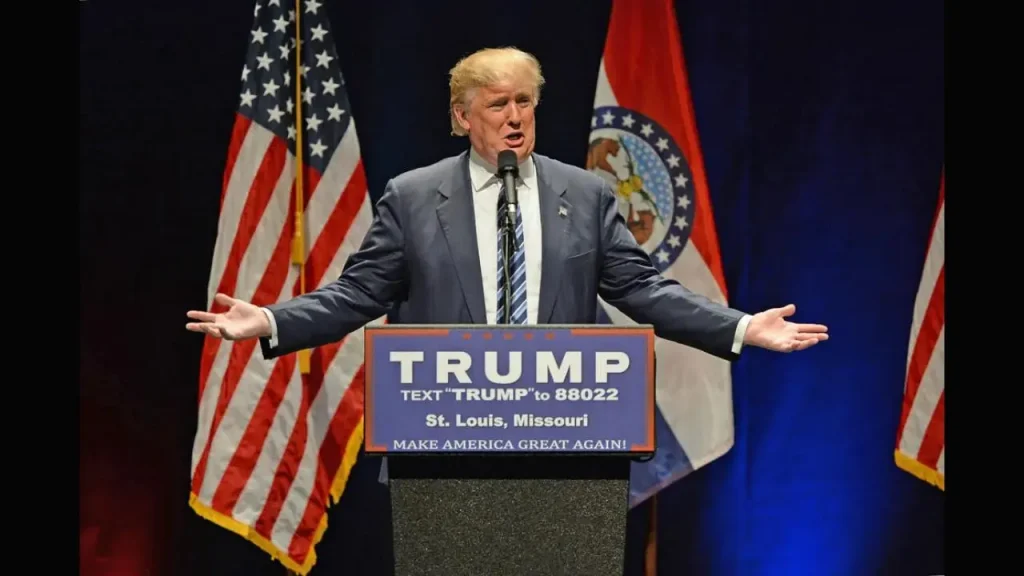- Trump supports journalists entering Gaza, noting the hazardous conditions they encounter in conflict zones.
- His remarks intensify the debate over press freedom and transparency amid ongoing Israeli restrictions.
What happened: Trump urges media access amid Gaza restrictions
Trump stated on 14 August 2025 that he “would be very fine with journalists going” into Gaza and emphasised that reporting there is “a very dangerous position”. Israel has largely restricted foreign media access to Gaza since the conflict escalated in October 2023, citing security concerns and military operations. The limited entry that is allowed often requires journalists to be accompanied by military or government personnel, constraining independent reporting and real-time coverage.
Trump’s remarks bring attention to the challenges facing journalists on the ground, where access limitations make it difficult to provide accurate accounts of humanitarian and civilian conditions. His position contrasts with prevailing Israeli policy and aligns with ongoing calls from international press organisations advocating for greater transparency and safer access for reporters.
Also read: Trump criticises AT&T for conference call glitch
Also read: Trump reports $57M crypto windfall from World Liberty Financial
Why this is important
Encouraging media access highlights the tension between operational security and public accountability. Independent reporting in conflict zones is crucial for documenting humanitarian issues, including civilian casualties, aid distribution, and compliance with international law. Trump’s comments underscore the role journalists play in keeping both domestic and international audiences informed about crises in Gaza.
This stance could influence political discourse, as press freedom advocates and international organisations may use it to press Israel for more transparent protocols. In an era where digital platforms amplify global awareness, on-the-ground reporting remains indispensable. Supporting journalist access not only ensures accountability but also strengthens the reliability of information emerging from conflict zones, a matter that affects both policy and humanitarian response.

